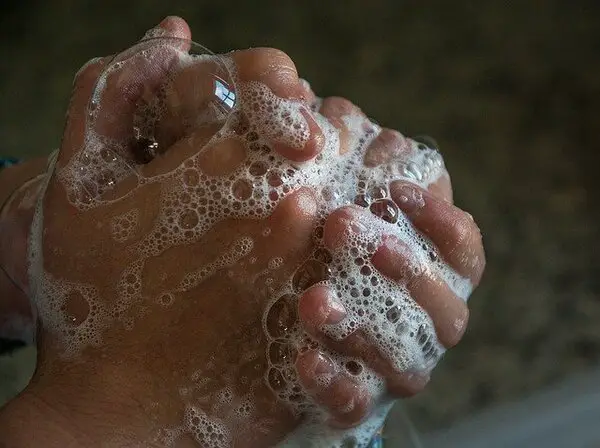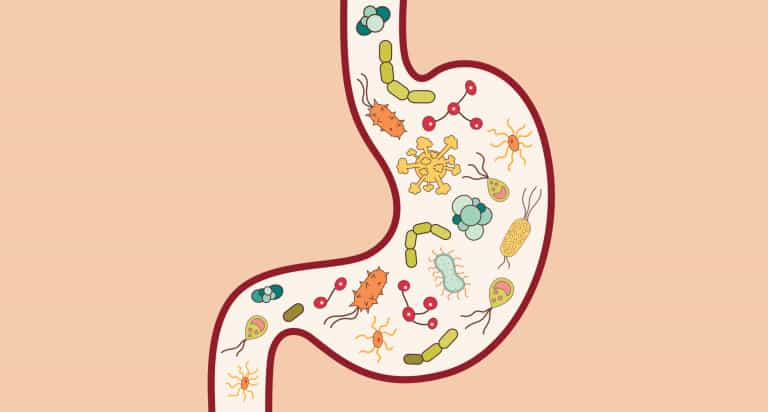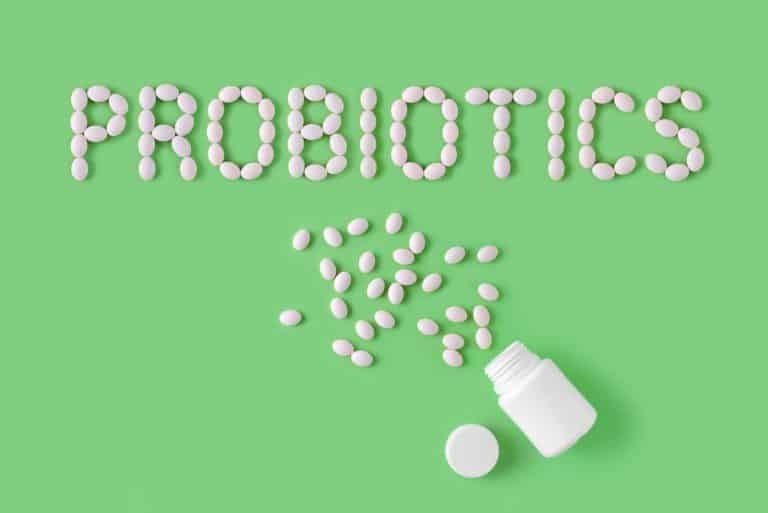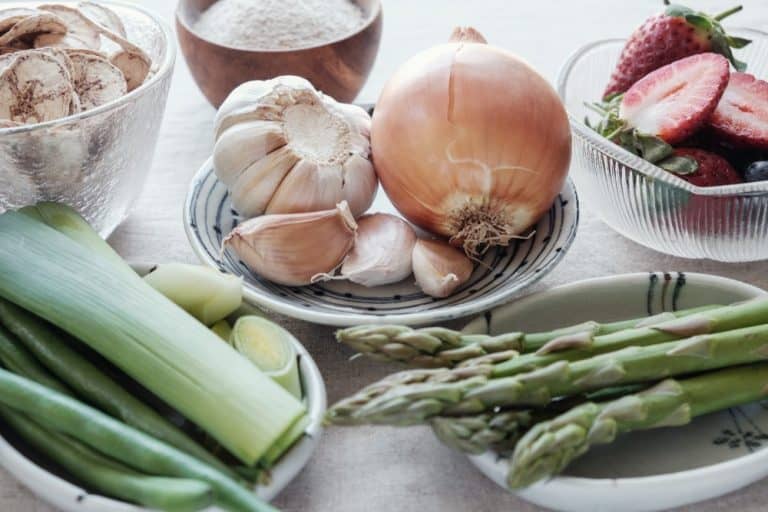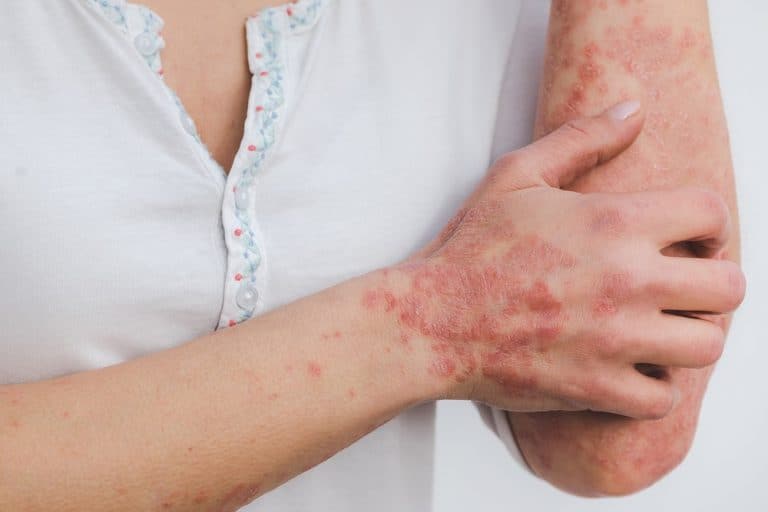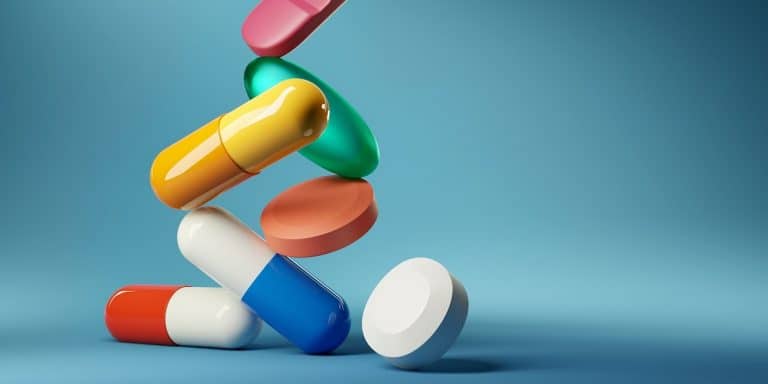Antibacterial vs Probiotic Soap- Which One Should You Choose?
Hundreds of bacteria species live on our skin. This environment, also referred to as a microbiome, indiscriminately harbors both useful and harmful bacteria. They coexist in a delicate balance that is mostly self-regulating. A functional skin microbiome fights infection, prevents environmental damage, regulates pH levels, and maintains the skin’s hydration and health.
Every once in a while, this balance is thrown off, tipping in favor of the harmful bacteria. Reasons for imbalance vary from exposure to external bacteria, hormonal imbalance, diet, medication such as antibiotics, and cleansers like soaps and body washes. The imbalance results in flare-ups and irritations such as acne, eczema, rosacea, dryness, and flaky skin.
In a bid to keep yourself and your loved ones safe from these harmful bacteria, you may be inclined to go for soaps and body washes that have been labeled antibacterial. The truth, however, is any type of soap can get rid of harmful bacteria from your body if you use it the right way. Therefore, your choice of soap should go beyond the basic elimination of bacteria.
Today we will compare antibacterial soap with another category of soap also billed to have the capability to combat harmful bacteria, probiotic soap. Cutting to the chase, our recommendation between the two is the probiotic soap based on the reasons we shall provide throughout the rest of this article.
What You Need from Soap
Your decision on the type of soap you get should be hinged on its utility; how much you can get out of it. You look at its ability to clean and disinfect, its fragrance, how efficient it is, and how sustainable it is to embrace it.
Soaps work by dissolving dirt molecules to be broken loose from the surface they have attached themselves to and washed off. The same process enables the soap to get rid of bacteria and other pathogens.
Once the molecules have been detached from the surface, they are rinsed off along with the soap. The end result is a clean surface free from pathogens.
Antibacterial Soap
These types of soap have active antimicrobials which target and kill microorganisms or prevent them from growing. The most common ingredients are triclosan and triclocarban. Other antibacterial ingredients include hexachlorophene, chlorine, lye, glycol ethers, and ammonia.
Antibacterial soaps are great for combating infections in high-risk settings like hospitals where you deal with patients who already have a compromised immune system. Their bodies cannot fight harmful bacteria naturally, and these settings have an abundance of such bacteria. They prevent the transmission of bacteria by the personnel handling the patients.
Health Concerns
Antibacterial soaps indiscriminately kill all bacterial, including commensal bacteria, which are functional because they stimulate the body’s immune system to act naturally against pathogen invasion. The commensals inhabit epidermal surfaces, generating antimicrobial compounds which suppress the growth of pathogens. Unfortunately, they also compete with pathogens for nutrients and adhesion sites, frustrating their development.
Their termination creates a vacuum that can easily be filled by new bacteria resistant to antibiotics like methicillin-resistant staphylococcus aureus (MRSA). This increased resistance to antibiotics renders treatment ineffective, and the skin is prone to infections.
Surgeons who have to scrub repeatedly risk killing the beneficial bacteria, after which they will be exposed to harmful pathogens while doing their hospital rounds. The more virulent bacteria will settle on the vacuum left and can lead to infections for them and their patients.
They increase the levels of triclosan in the body. It is the most common antibacterial agent. It enters the bloodstream through the skin, mucous membranes in the mouth, or the intestines. They will disrupt hormones and other biological processes and, in extreme cases, even impair muscle function.
They leave the skin dry, increasing the risk of irritation and allergies.
These antibacterial ingredients are also incapable of terminating viruses responsible for illnesses like colds, flu, and stomach bugs. They don’t have an advantage over regular soap in this regard.
Ecological Concerns
The ingredients used to make antibacterial cleansers accumulate in the environment. The triclosan and triclocarban are flushed or rinsed down drainpipes to water treatment plants that are ill-equipped to process the chemicals, so they will eventually end up in surface water. This is detrimental to the aquatic ecosystem and algae life.
They are hard to degrade and will be present in the environment for long periods of time. Their presence in the biosolids that are left post sewage treatment also creates an environment conducive for the growth of bacteria that are resistant to antibiotics which are hard to manage.
Considering all the above, these antibacterial soaps seem to be doing more harm than good in the long run. They don’t have a justifiable advantage over regular soap but have a high potential to adversely affect human and environmental health.
This conversation culminated in the United States Government’s Food and Drugs Administration department (FDA) ruling to remove up to 19 active antibacterial ingredients from wash products in September 2016.
Hand and body wash manufacturers had failed to provide tangible evidence to support their safety and prove the effectiveness of these antibacterial compounds in preventing human illness or reducing infections. In addition, they did not demonstrate that they were better than non-antibacterial washes.
Probiotic Soap
Probiotic soap, like Candida Freedom, have an infusion of probiotics which are beneficial microorganisms that help to balance the skin microbiome. Probiotic skincare products encourage the skin to replenish the good bacteria throughout the day. These bacteria, in turn, resist harmful bacteria and pathogens that can cause skin conditions and other problems.
They address the shortcomings of antibacterial soap to get rid of dirt and debris without killing useful bacteria. You give them a platform to replenish each time they are washed off, saturating the skin with good bacteria to offer better protection against germs.
Bacteria don’t grow on top of each other but rather spread and duplicate next to each other on a surface such as your skin. It follows that if you saturate your skin with friendly, good bacteria, the harmful bacteria will have no opportunity to settle on your skin.
The useful bacteria will have formed a protective film to shield your skin. This is how using probiotic soap combines hygiene and health without causing hormonal or microbiome imbalance.
Candida Freedom probiotic soap is safe to use with other therapies to help various skin conditions. It contains lemon essential oil, tea tree, and lemongrass essential oil and contains no synthetic fragrances, colors, lathering agents, or preservatives. It is also 100% biodegradable.
The Bottom Line
It is especially critical to observe hygiene in this era of the coronavirus pandemic to ensure healthy skin. Anything you come in contact with may be a source of infection. However, the solution should be sustainable, so we should also focus on its impact on the environment. You should choose a soap that not only cleans and disinfects but also does so efficiently with the least possible damage.
Disclaimer: While our team of medical expert writers makes every effort to convey the correct, relevant, and most up-to-date information, you should never disregard advice given to you by your medical practitioner or delay seeking medical assistance because of something you have read on Gutsify or received in correspondence from Gutsify. Please refer to our Terms and Conditions.



